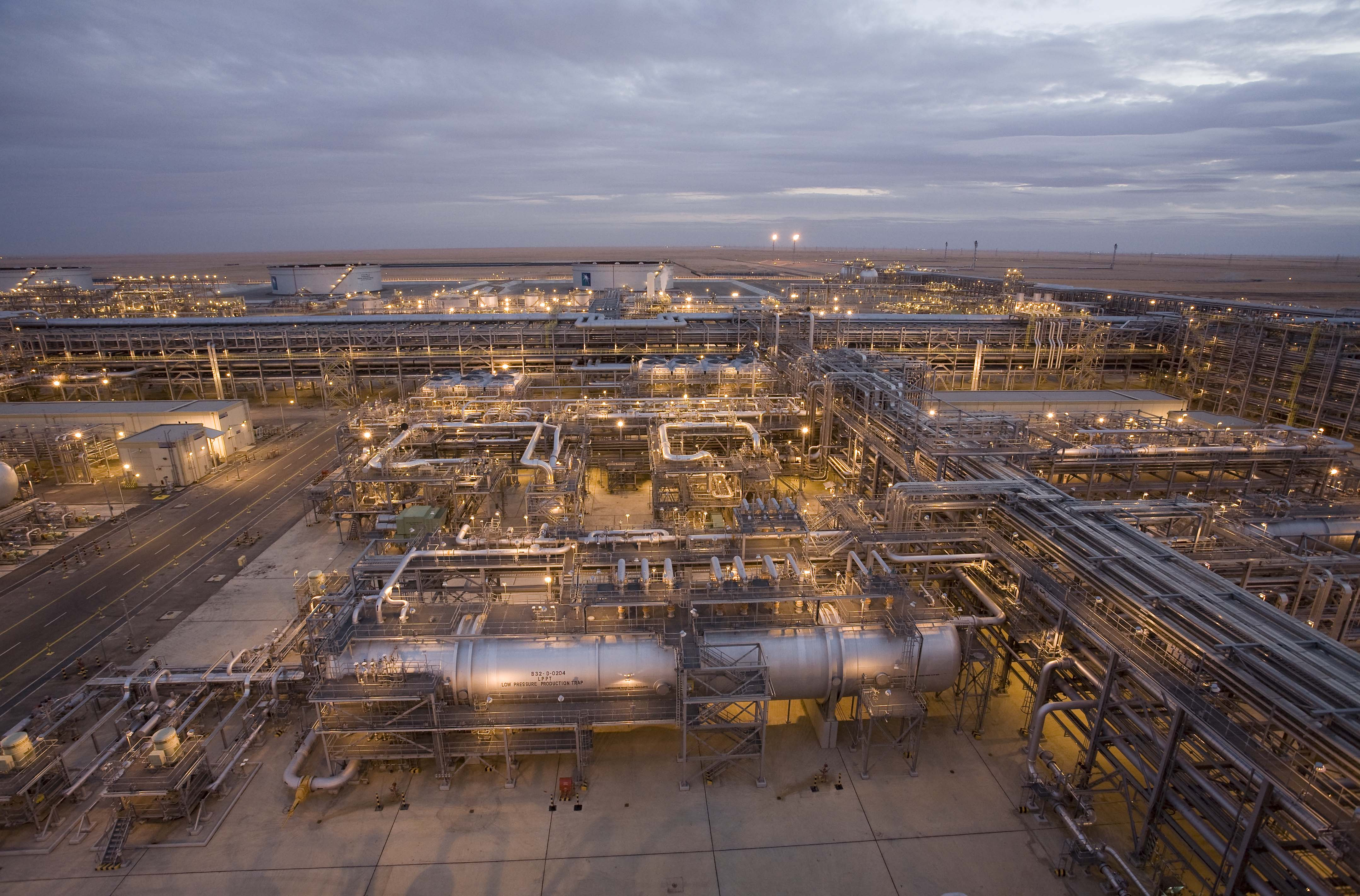
COP28: EU to defend eliminating fossil fuels well before 2050

The Khurais Oil Plant near Riyadh. Now that it has become clear that the EU will call for a phasing out of fossil fuels at the upcoming COP28, Saudi Arabia will no doubt want to block such a proposal /Aramco
The European Union will defend eliminating fossil fuels well before 2050 at the November COP28 climate summit in Dubai. This is rated in the


Comments
Ready to join the conversation?
You must be an active subscriber to leave a comment.
Subscribe Today